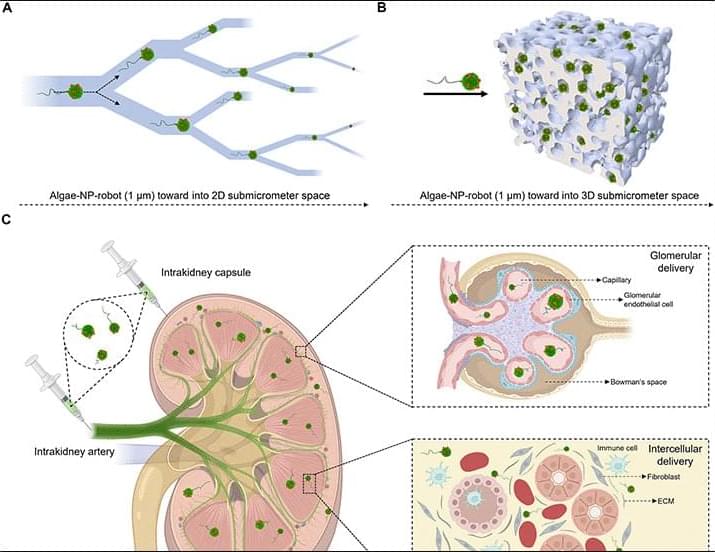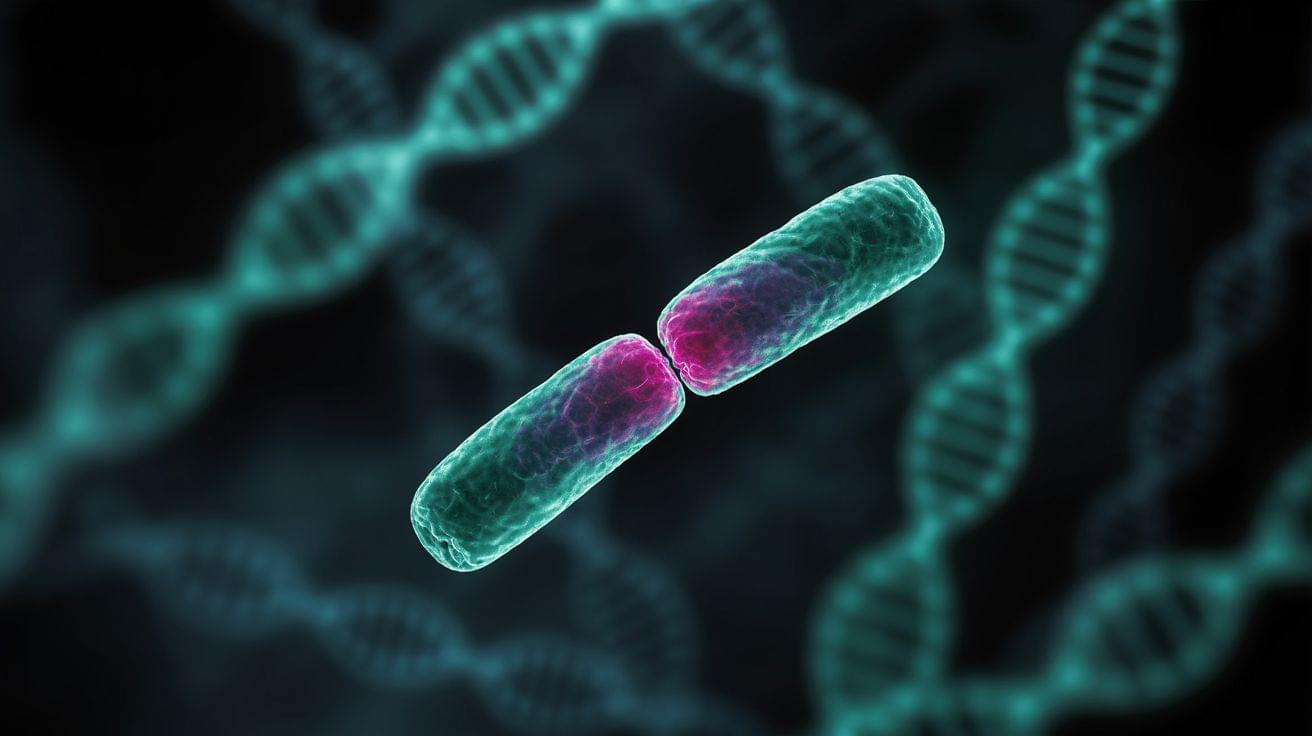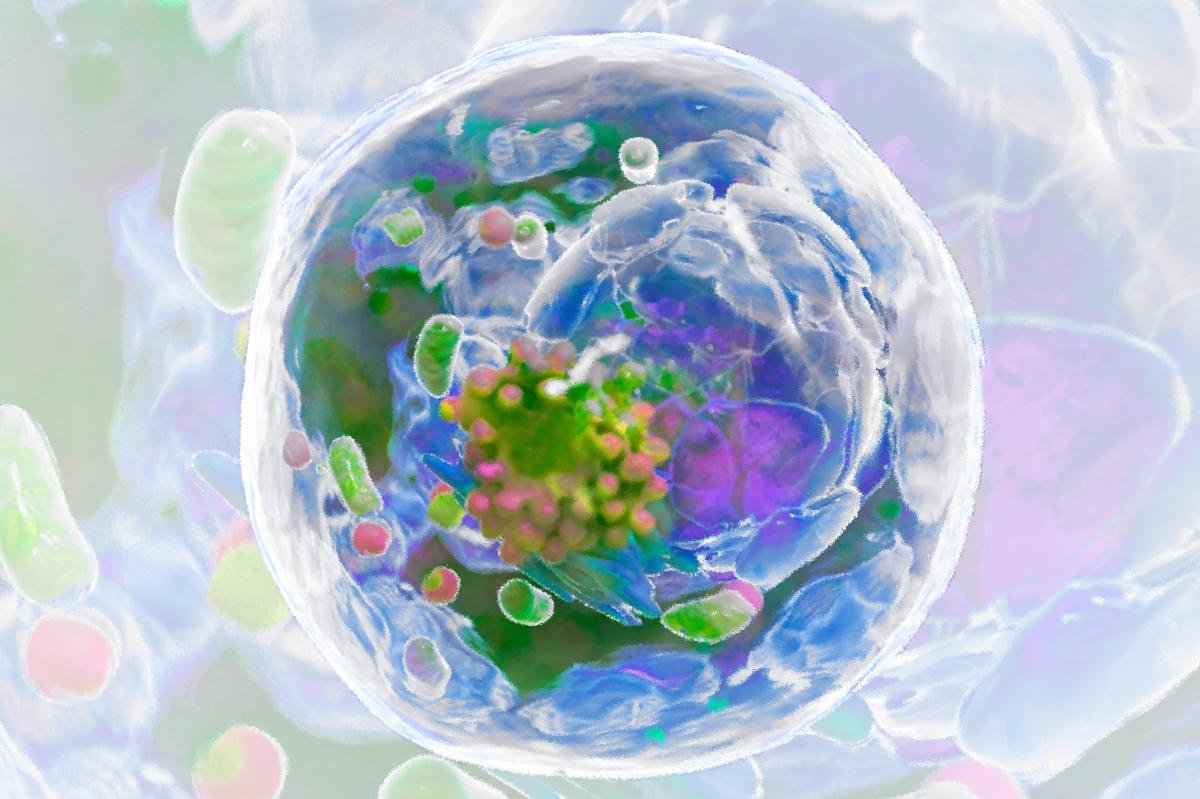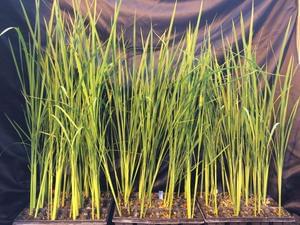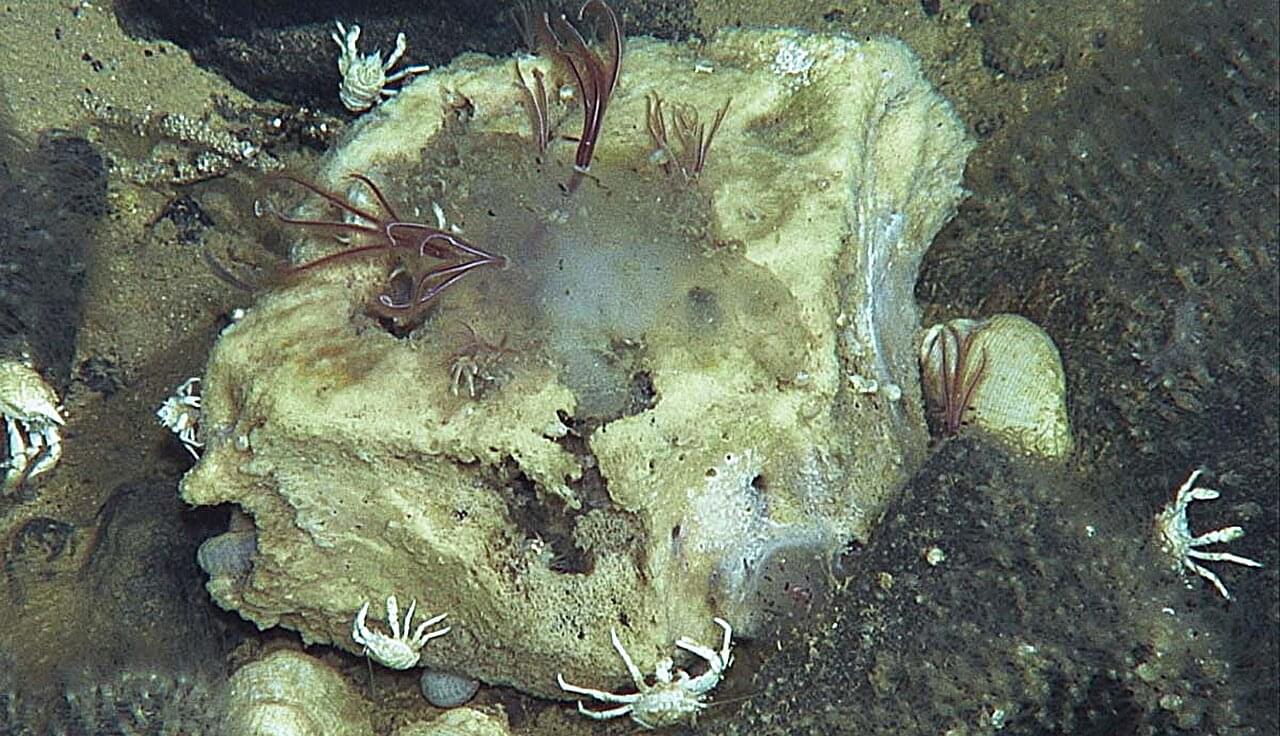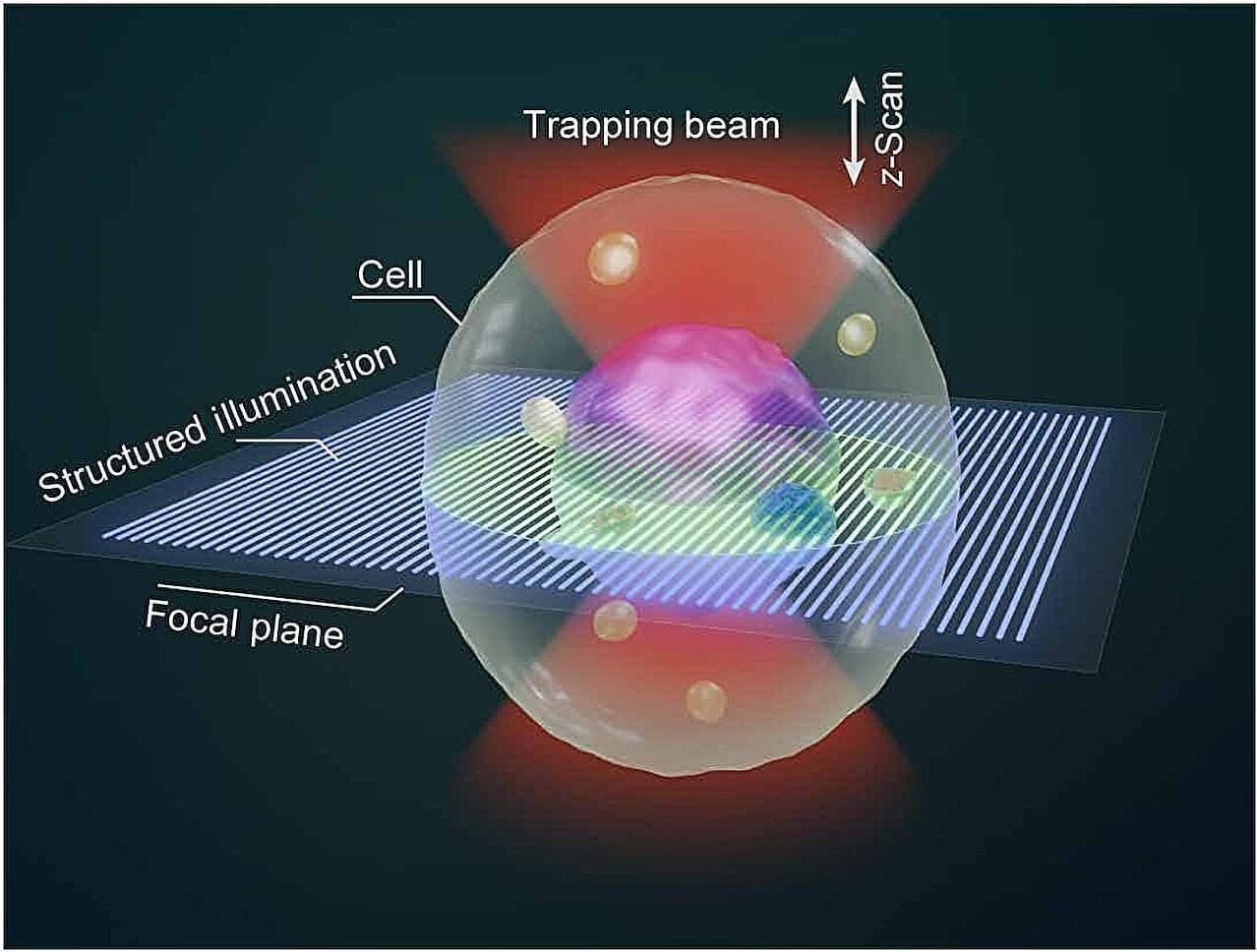The slimy, segmented, bottom-dwelling California blackworm is about as unappealing as it gets—but get a few dozen or thousand together, and they form a massive, entangled blob that seems to take on a life of its own.
It may be the stuff of nightmares, but it is also the inspiration for a new kind of robot. “We look at the biological system, and we say, ‘Look how cool this is,’” said Senior Research Fellow Justin Werfel, who heads the Designing Emergence Laboratory at the Harvard John A. Paulson School of Engineering and Applied Sciences (SEAS). Werfel is hooked on creating a robotic platform that’s inspired by a wriggling ball of blackworms and that, like the worms, can accomplish more as a group than as individuals.
Recently garnering a Best Paper on Mechanisms and Design award at the IEEE International Conference on Robotics and Automation, the Harvard team’s blackworm-inspired robotic platform consists of soft, thin, worm-like threads made out of synthetic polymer materials that can quickly tangle together and untangle.
